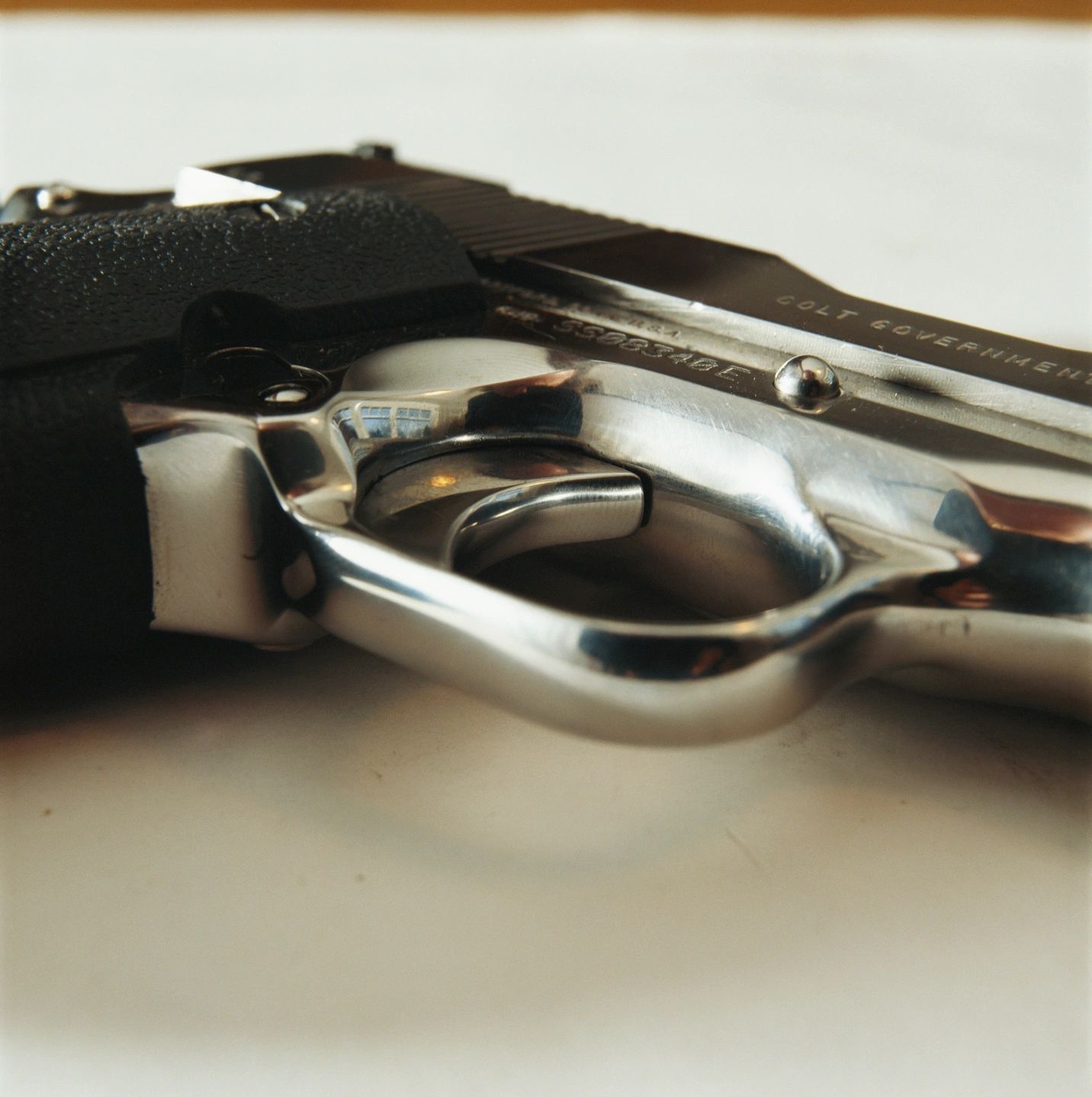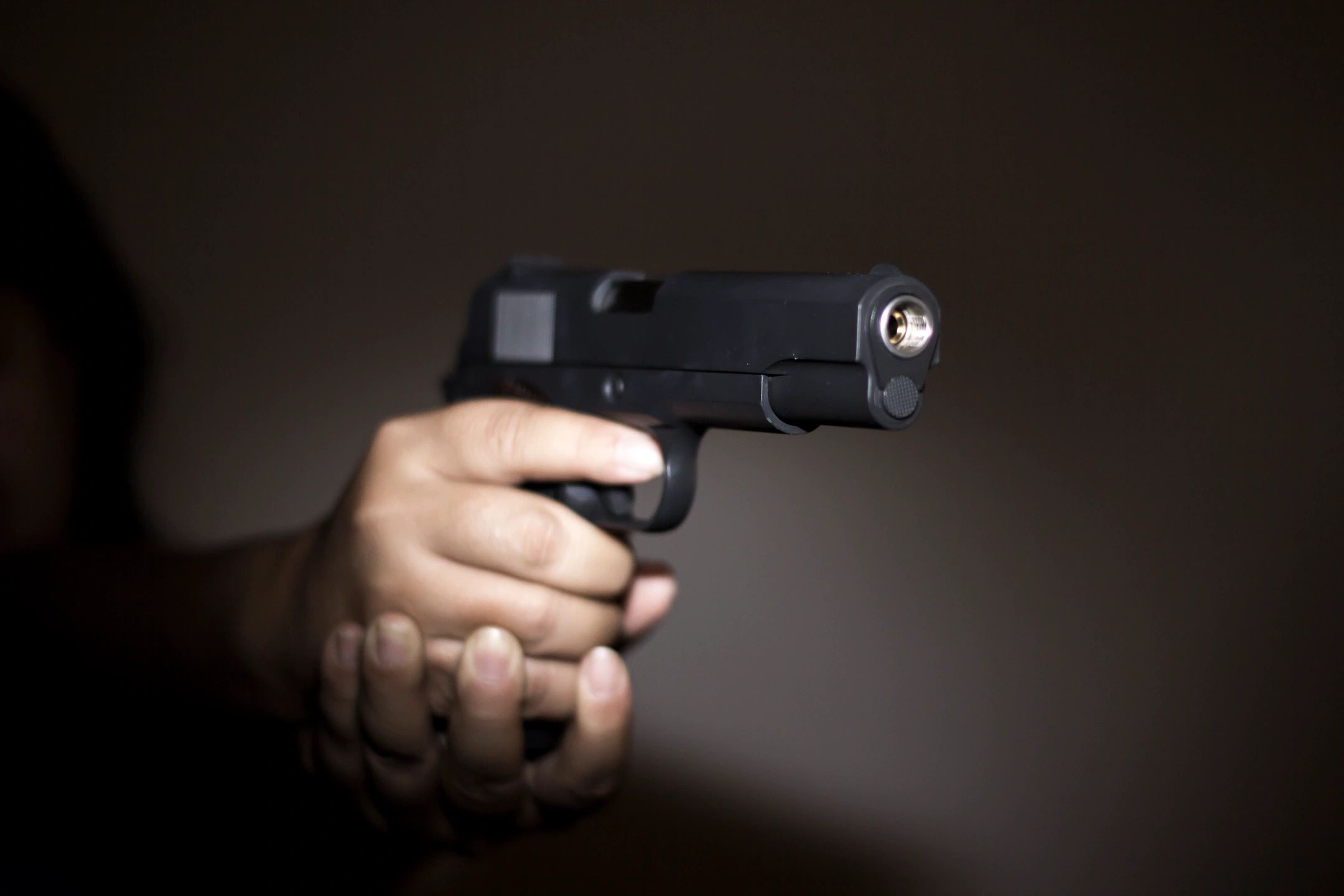
Weapons Misconduct in Phoenix: Analyzing Felony Charges Under A.R.S. 13-3102
Weapons misconduct in Arizona encompasses a wide range of offenses related to the possession, use, and handling of weapons.
Governed by A.R.S. 13-3102, these statutes categorize offenses into various classes of felonies and misdemeanors, depending on their specific nature.
This article provides a comprehensive breakdown of the key provisions, focusing on prohibited possessor cases and outlining the legal defenses available.
Detailed Analysis of Weapons Misconduct under A.R.S. 13-3102
According to ARS 13-3102, an individual commits misconduct involving weapons by knowingly engaging in the following actions:
- ARS 13-3102(A)(1)(a): Carrying a deadly weapon with the intent to commit a serious offense. This is classified as a Class 6 felony.
- ARS 13-3102(A)(1)(b): Providing false information to a police officer about possessing a deadly weapon. This is considered a Class 1 misdemeanor.
- ARS 13-3102(A)(2): Carrying a deadly weapon if you are under the age of 21. This is a Class 3 misdemeanor.
- ARS 13-3102(A)(3): Manufacturing, possessing, or transporting a prohibited weapon. This constitutes a Class 4 felony.
- ARS 13-3102(A)(4): Possessing a deadly weapon if you are classified as a prohibited possessor. This is a Class 4 felony.
- ARS 13-3102(A)(5): Providing a deadly weapon to a prohibited possessor. This is classified as a Class 6 felony.
- ARS 13-3102(A)(6): Defacing a deadly weapon. This offense is a Class 6 felony.
- ARS 13-3102(A)(7): Possessing a defaced weapon. This is categorized as a Class 6 felony.
- ARS 13-3102(A)(8): Using a deadly weapon in connection with a drug offense. This is a Class 4 felony.
- ARS 13-3102(A)(9): Discharging a weapon at an occupied structure to further gang activity. This is a Class 3 felony.
- ARS 13-3102(A)(10): Refusing to remove a weapon when requested in a public establishment. This is a Class 1 misdemeanor.
- ARS 13-3102(A)(11): Carrying a deadly weapon at a polling place. This offense is a Class 1 misdemeanor.
- ARS 13-3102(A)(12): Bringing a deadly weapon onto school grounds. This can be charged as either a Class 1 misdemeanor or a Class 6 felony.
- ARS 13-3102(A)(13): Possessing a deadly weapon at a nuclear or hydroelectric generating station. This is a Class 4 felony.
- ARS 13-3102(A)(14): Providing a deadly weapon to someone with the intent for them to commit a felony. This is classified as a Class 3 felony.
- ARS 13-3102(A)(15): Possessing a deadly weapon with the intent to carry out an act of terrorism. This is a Class 2 felony.
- ARS 13-3102(A)(16): Trafficking deadly weapons to support a criminal street gang. This offense is a Class 3 felony.
Specific actions like possessing a deadly weapon on school grounds or discharging a firearm at an occupied structure are treated with heightened severity and classified under various degrees of felony charges.
Prohibited Possessor Cases
A.R.S 13-3102 encompasses 17 distinct types of weapons misconduct charges. The most frequently encountered charge is possession of a deadly weapon by a “prohibited possessor.” This particular offense is a class 4 felony and carries the potential for imprisonment upon conviction.
A prohibited possessor includes individuals with a felony conviction and those adjudged mentally incompetent or under restraining orders related to domestic violence.
The statute clearly outlines that ignorance of one’s status as a prohibited possessor does not qualify as a defense—a principle affirmed in several court decisions, including State v. Holmes and State v. Young, where defendants were unaware of their prohibited status but were still held liable.
Frequently Asked Questions About Weapons Misconduct Charges
Navigating the complexities of weapons misconduct charges under Arizona’s A.R.S. 13-3102 can be daunting.
To help clarify some of the most intricate and specific questions related to this statute, we’ve compiled a list of frequently asked questions.
What constitutes “defacing” a deadly weapon under ARS 13-3102(A)(6)?
- Defacing a deadly weapon involves altering, removing, or obliterating the manufacturer’s serial number or any other identifying marks on the firearm. This act is intended to make the weapon untraceable, often to conceal its history or origin. Under ARS 13-3102(A)(6), this is a Class 6 felony, which can result in significant legal consequences, including potential prison time, fines, and a permanent criminal record.
Is it a felony to possess a deadly weapon on school grounds if the weapon is legally owned and stored in a vehicle?
- Under ARS 13-3102(A)(12), possession of a deadly weapon on school grounds is typically prohibited, and this can be charged as a Class 1 misdemeanor or a Class 6 felony. However, there are exceptions for legally owned weapons unloaded and secured in a vehicle in a locked compartment or container. Despite this exception, individuals must comply with all school policies and state laws to avoid criminal charges.
Can a person under 21 legally possess a firearm in their home for self-defense in Phoenix?
- ARS 13-3102(A)(2) restricts individuals under 21 from carrying a deadly weapon in public spaces, but it does not prohibit possession within their own home. Young adults can legally possess a firearm at home for self-defense, provided the gun is legally owned, and they comply with all relevant safety and storage laws. This distinction helps protect the right to self-defense while maintaining public safety.
What are the penalties for lying to a police officer about having a deadly weapon?
- Providing false information to a police officer regarding the possession of a deadly weapon is considered a severe offense under ARS 13-3102(A)(1)(b). This offense is classified as a Class 1 misdemeanor, which can result in penalties such as up to six months in jail, probation, and fines. The penalties can vary based on the circumstances and the individual’s criminal history.
How does ARS 13-3102(A)(8) define using a deadly weapon in a drug offense?
- ARS 13-3102(A)(8) specifies that using a deadly weapon in connection with a drug offense includes situations where the gun is used to intimidate, protect, or facilitate the manufacture, sale, or distribution of illegal drugs. This is considered a Class 4 felony due to the increased risk and danger associated with combining weapons and drug activities. Convictions can lead to substantial prison sentences, hefty fines, and long-term consequences.
Can someone legally carry a firearm in a public establishment without a concealed carry permit?
- While having a concealed carry permit allows an individual to carry a concealed weapon legally, ARS 13-3102(A)(10) mandates that they must comply with requests from public establishments to remove the weapon. Failure to do so can result in a Class 1 misdemeanor charge, which could lead to penalties including jail time, fines, and a criminal record. Permit holders must be aware of and respect the rules of public places.
What is considered a “prohibited weapon” under ARS 13-3102(A)(3)?
- Prohibited weapons under ARS 13-3102(A)(3) include items such as bombs, grenades, silencers, and fully automatic firearms. These weapons are heavily regulated due to their potential for mass harm and criminal misuse. Possessing, manufacturing, or transporting these prohibited weapons is classified as a Class 4 felony, carrying severe penalties, including significant prison terms, hefty fines, and lasting legal repercussions.
Legal Defenses and Classification
Despite the general rule against claiming ignorance of prohibited status, other defenses may be applicable depending on the circumstances of the case.
The law requires that the person knowingly engaged in the prohibited conduct, a critical element in establishing guilt as seen in cases like State v. Carreon.
Defenses might include:
- Lack of Knowledge: Not knowing that the weapon was present or that it was considered a deadly weapon under the law.
- Temporary and Lawful Possession: Possession was temporary and solely for a lawful purpose, such as self-defense during an imminent threat.
- Constitutional Challenges: Arguments that the applied statutes or their implementation infringe upon constitutional rights.
How Litwak Law Group Can Assist
Litwak Law Group specializes in criminal defense, including the complex area of weapons misconduct. Our team is skilled in dissecting the nuances of A.R.S. 13-3102, ensuring that every legal avenue is explored.
We can help clients by:
- Challenging the Prosecution’s Evidence: Ensuring that all elements, particularly the ‘knowingly’ aspect of the misconduct, are proven beyond a reasonable doubt.
- Exploring All Possible Defenses: Including lack of knowledge, temporary and lawful possession, and constitutional challenges.
- Negotiating Plea Agreements: When appropriate, negotiate for reduced charges or alternative sentencing.
Understanding and effectively defending against weapons misconduct charges requires comprehensive law knowledge and a skilled defense strategy. At Litwak Law Group, we provide both, ensuring that our clients receive the best possible defense and guidance through the complexities of Arizona’s criminal justice system. Whether you are facing a charge as a prohibited possessor or challenging the specifics of your alleged misconduct, our team is here to help defend your rights and achieve the best possible outcome.




